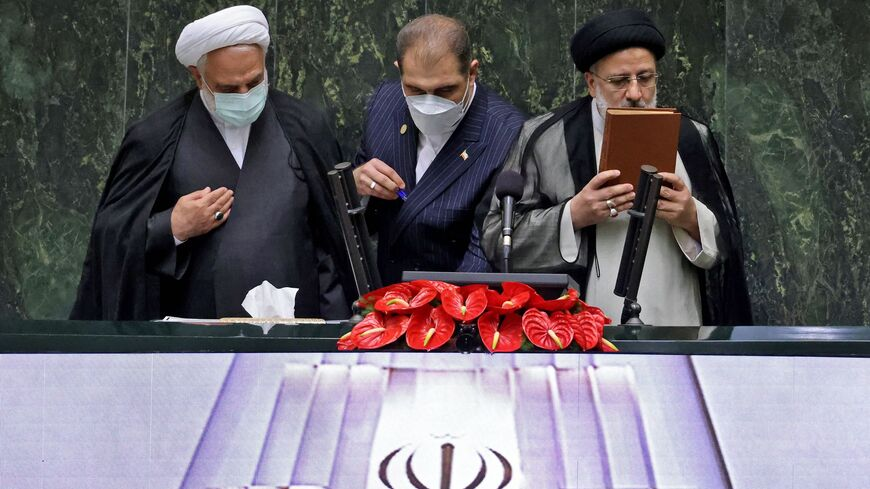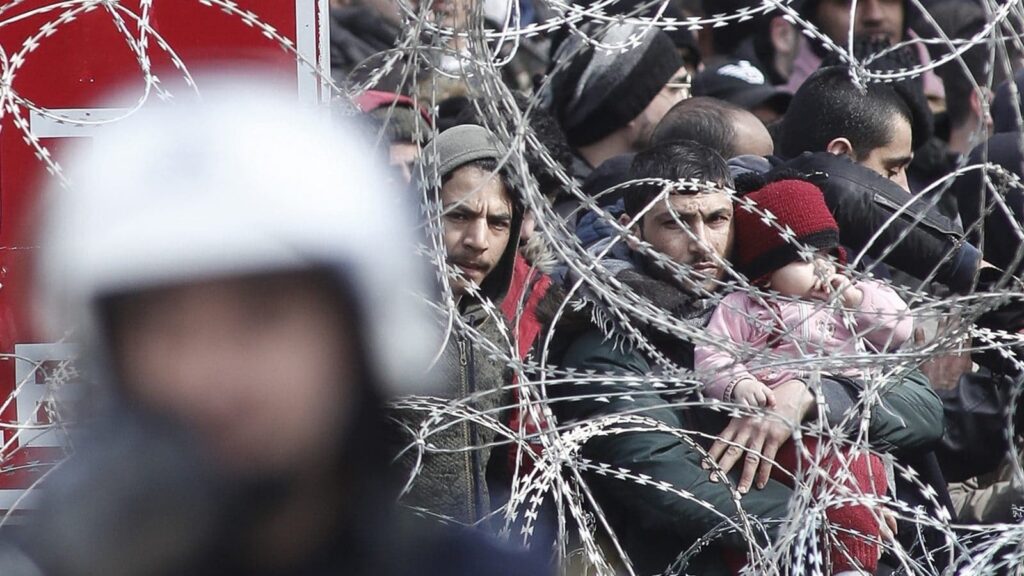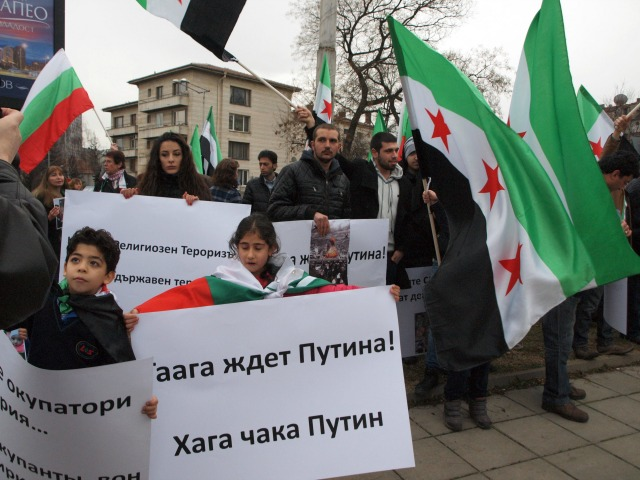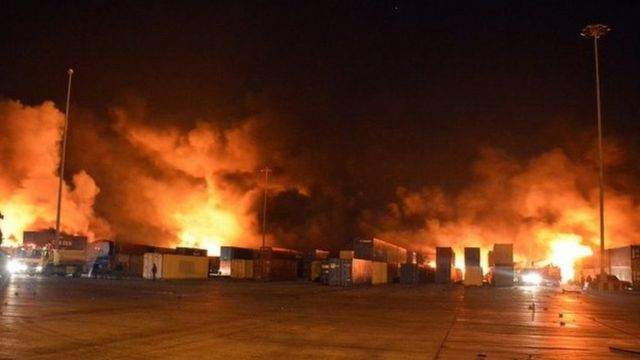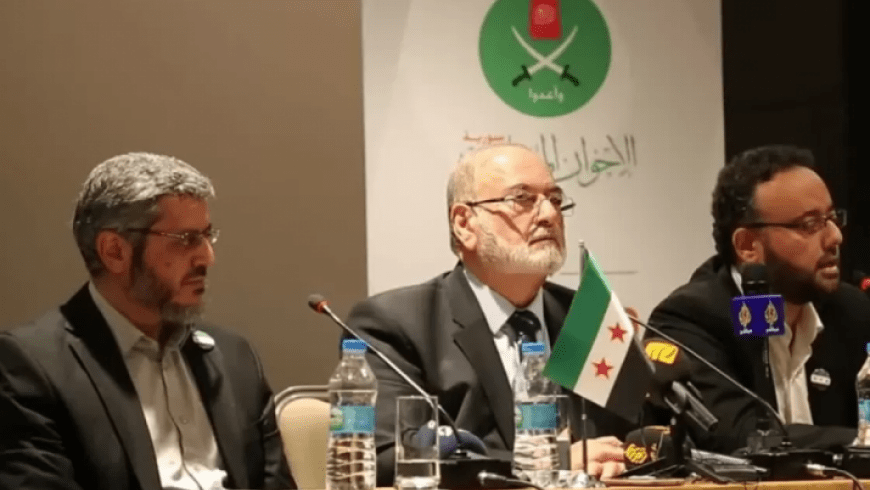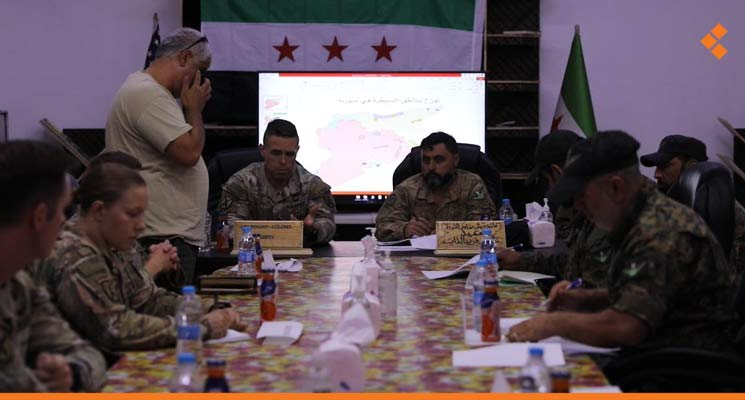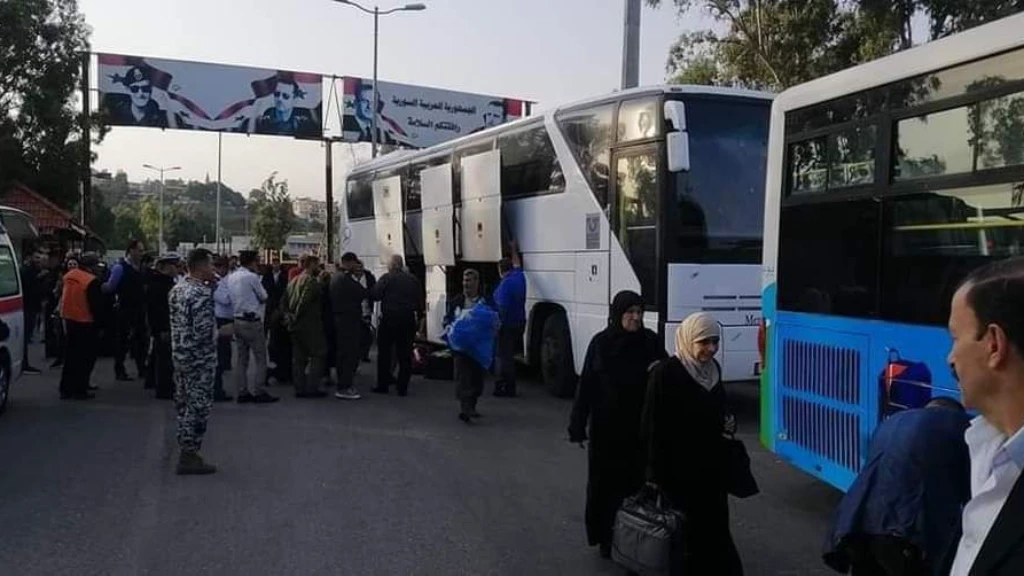IRGC warns Iran protesters as unrest enters seventh week
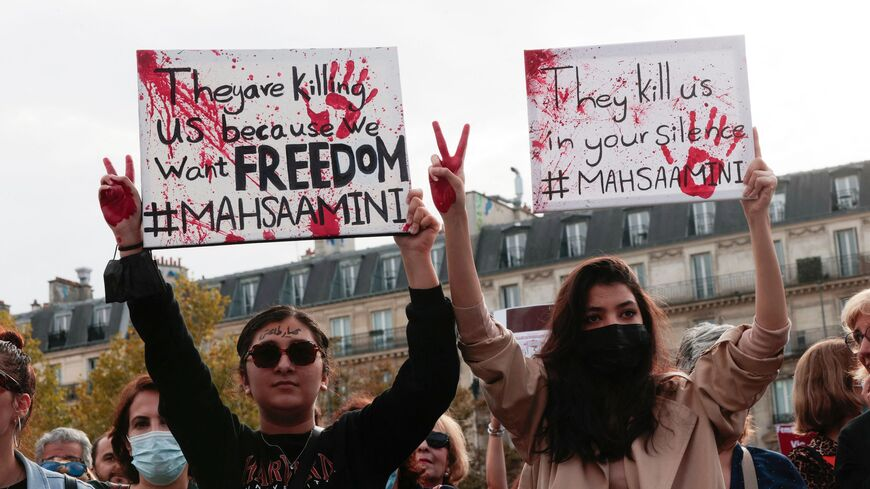
Despite the warning, the protests swelled, and faced an escalation in violent police raids on funerals, campuses and dormitories.
As anti-government unrest entered a seventh week in Iran, the commander of the country’s hard-line Islamic Revolutionary Guard Corps (IRGC) warned protesters to go home.

